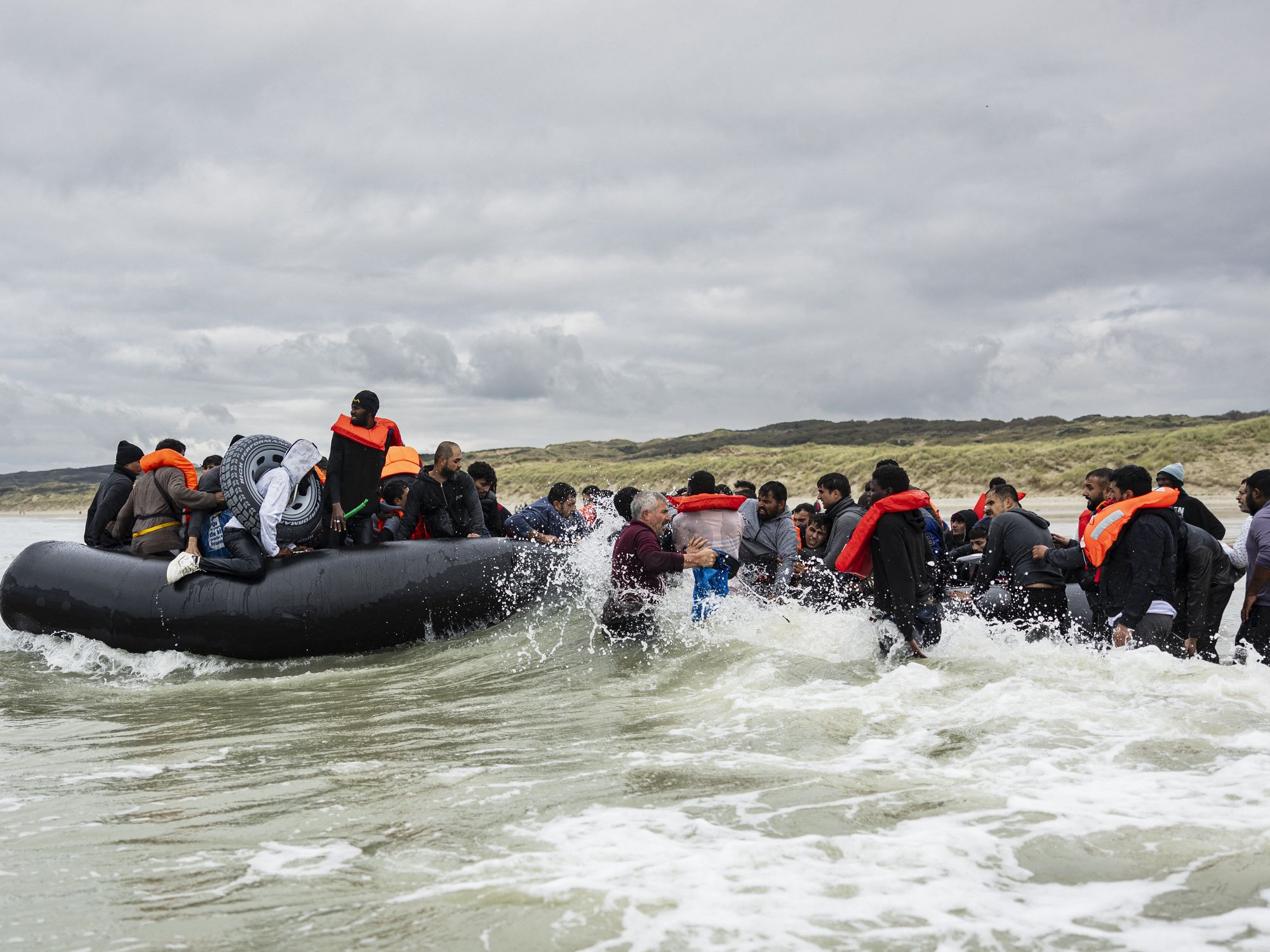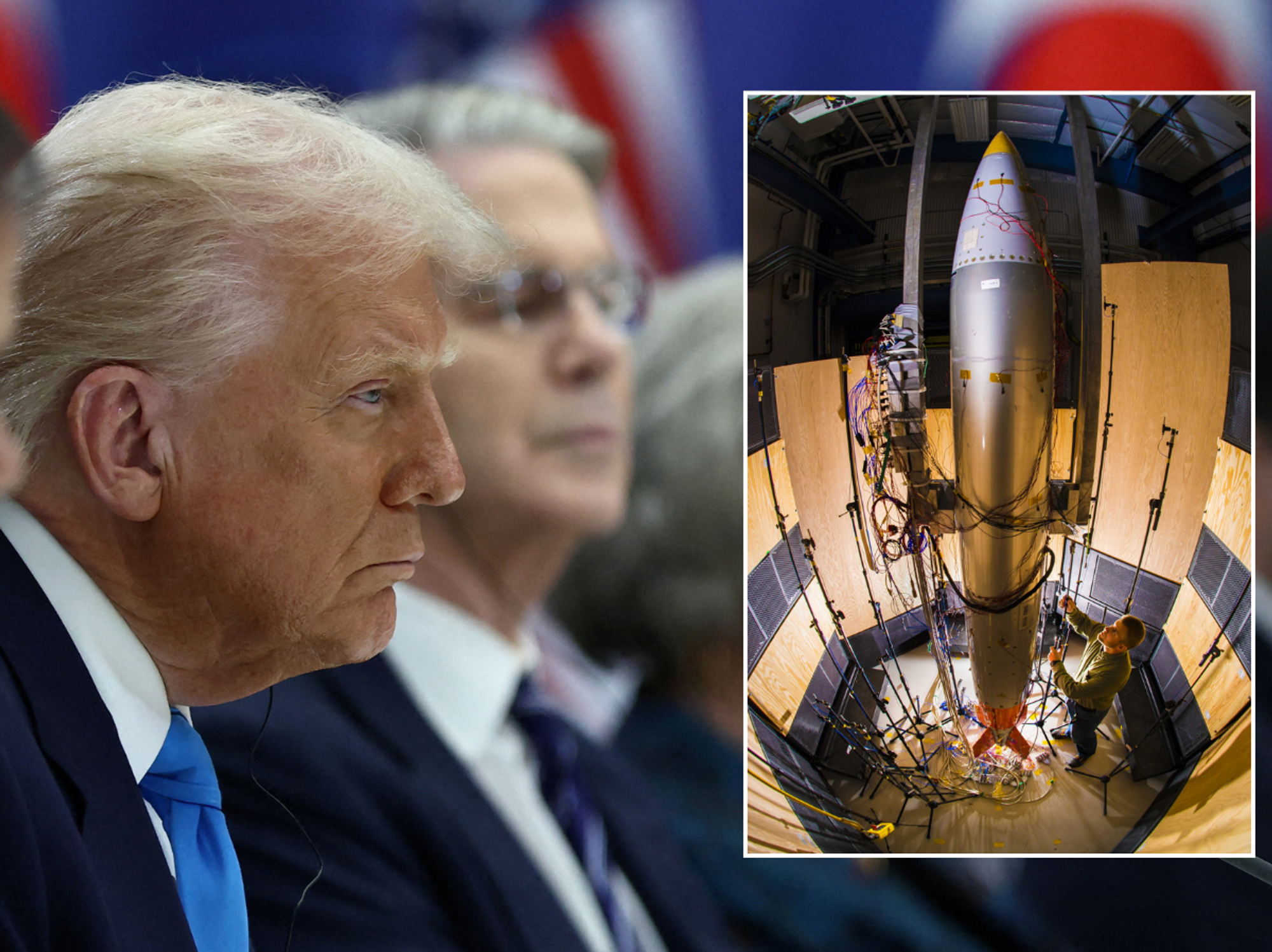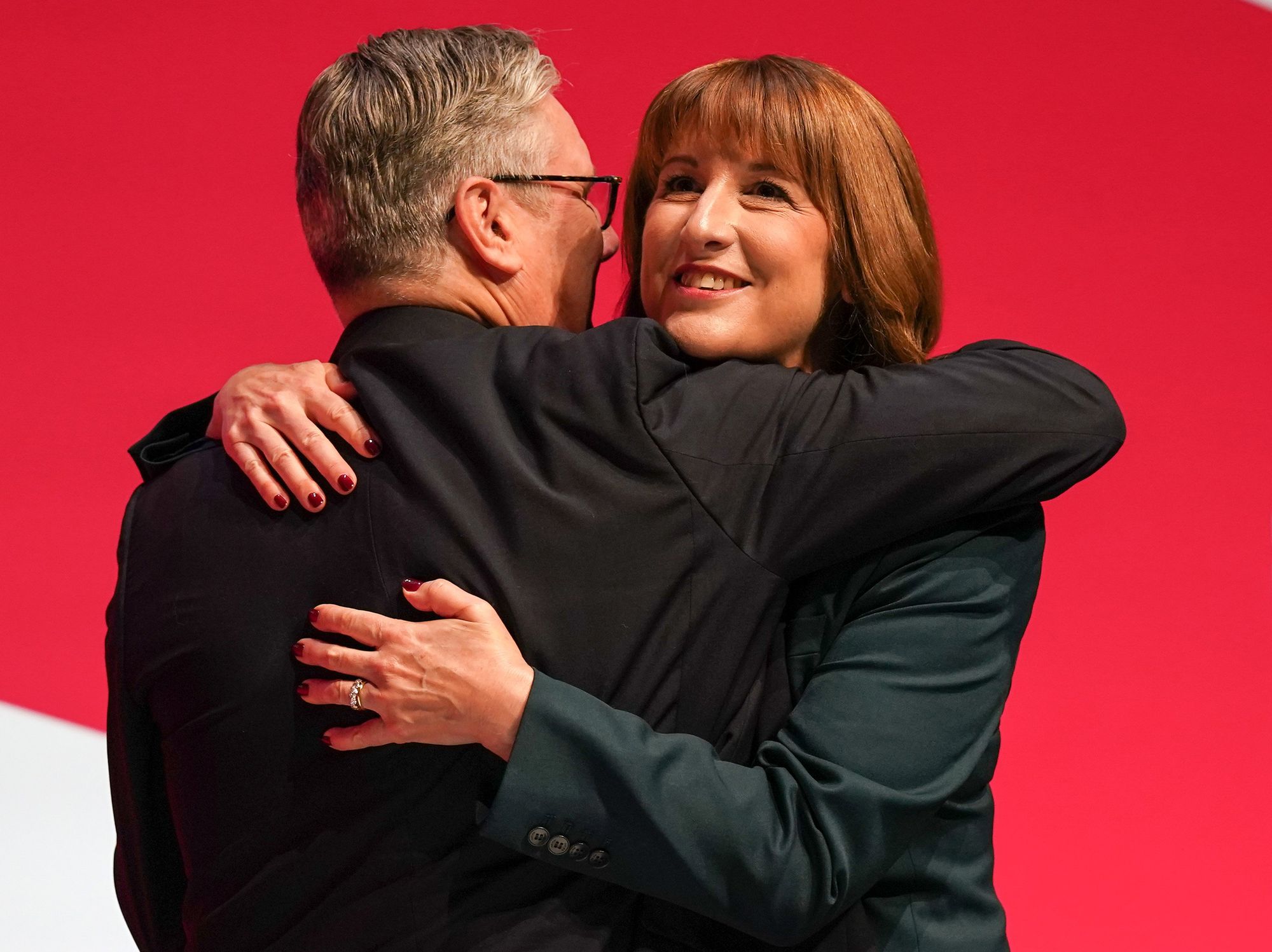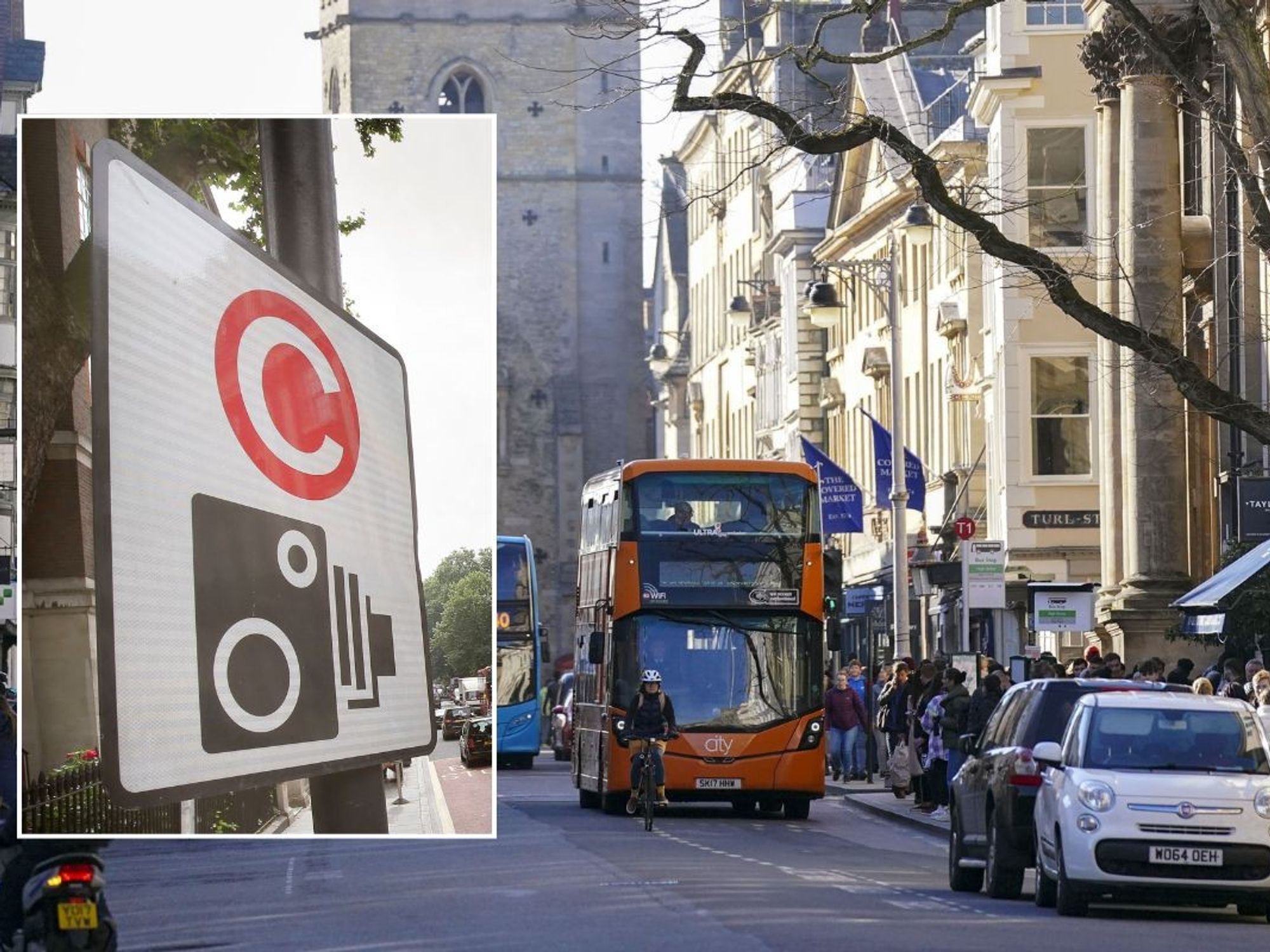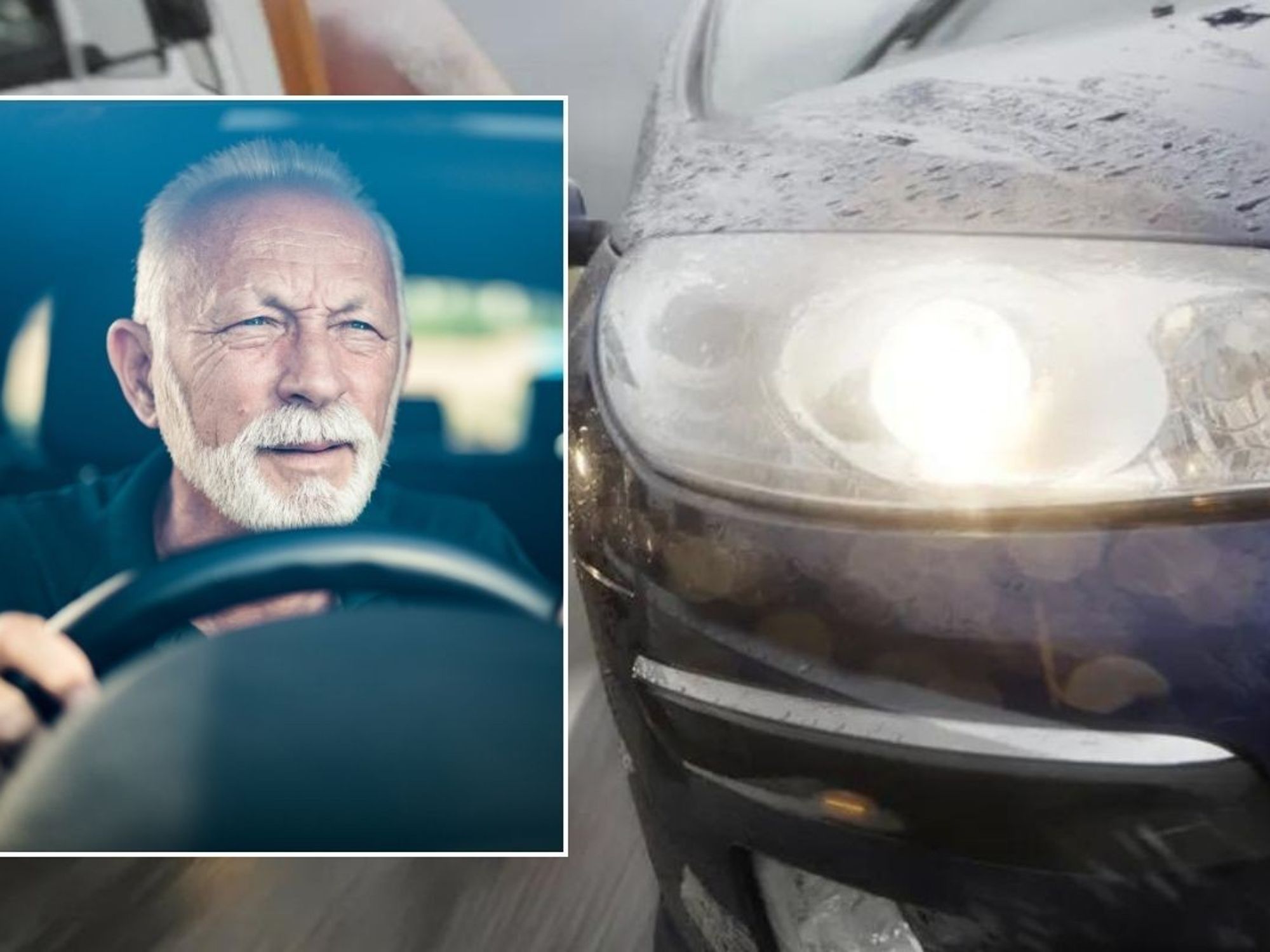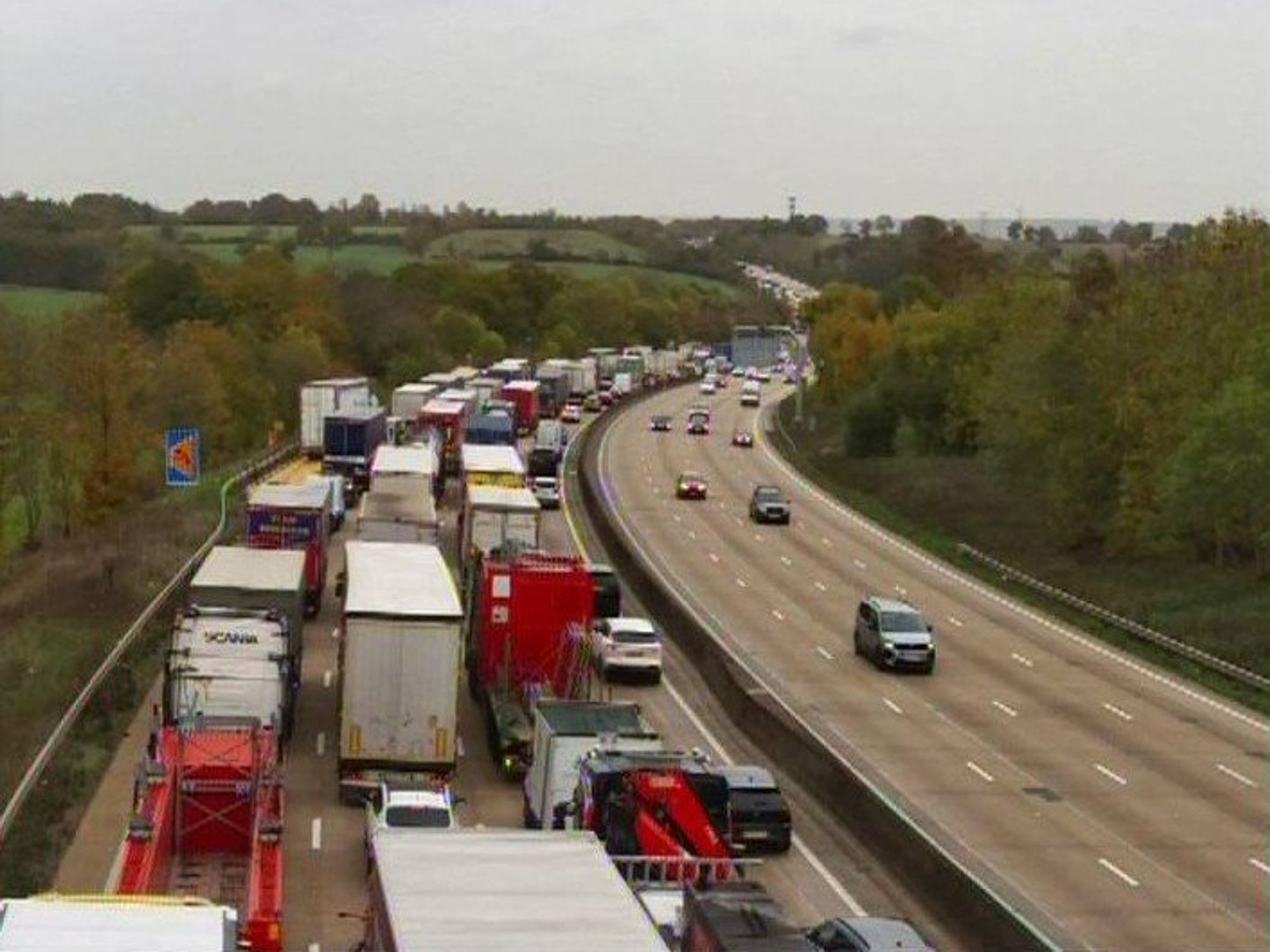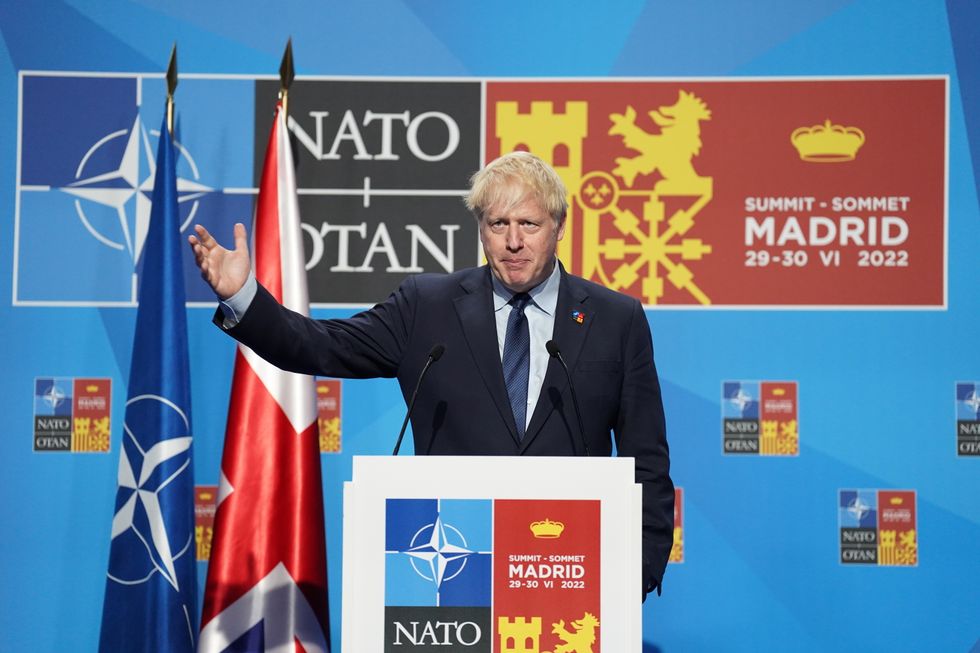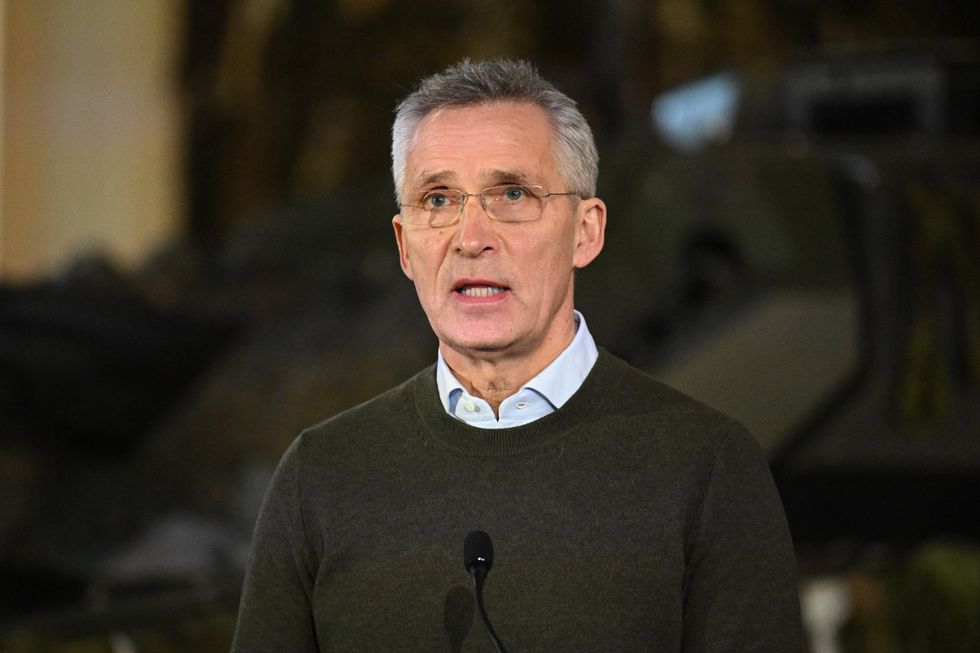Boris Johnson says UK will spend 2.5 percent of GDP on defence by end of decade
Mr Johnson made the comments during a speech from the NATO summit in Madrid
Don't Miss
Most Read
Boris Johnson has said the UK will spend 2.5 percent of GDP on defence by the end of this decade.
Mr Johnson has been under pressure from Defence Secretary Ben Wallace and Foreign Secretary Liz Truss to boost spending in response to the renewed threat posed by Russia following the invasion of Ukraine.
Speaking from the NATO summit in Madrid, the Prime Minister said: “We need to invest for the long-term in vital capabilities like future combat air whilst simultaneously adapting to a more dangerous and more competitive world.
“The logical conclusion of the investments on which we propose to embark, these decisions, is that we’ll reach 2.5 percent of GDP on defence by the end of the decade.”
While NATO's secretary general Jens Stoltenberg has set out his plans for 300,000 troops to be held at high readiness – up from the existing 40,000.
Boris Johnson speaking from the NATO summit
Stefan Rousseau
“I expect them to be ready by next year, we will take the decision now and then we will start implementation, and then they will be available and ready next year, that’s the plan,” he said.
The troops would be based in their home countries but would be “pre-assigned to specific territories” to be ready to bolster defences there, with heavy equipment and supplies already in place should they be needed.
The move is intended to protect NATO’s eastern members against any attempt by Russia’s Vladimir Putin to expand his territory following the Ukraine invasion.
Mr Stoltenberg said: “That combination of those three factors – pre-positioned equipment, more forward-deployed forces and high-readiness forces based in the homeland but ready to deploy – are, at least for the land element, the most important elements of how we are going to strengthen deterrence and defence.”
It comes after the head of the army said Britain and its western allies must be “unequivocally prepared to fight” if Russia launches an attack on NATO territory.
Jens Stoltenberg, secretary general of NATO
Leon Neal
General Sir Patrick Sanders, the Chief of the General Staff (CGS), said Russia is likely to emerge from the conflict in Ukraine as an even greater threat to European security.
In his first public engagement since taking up his post, he said it is essential Nato has the forces in place to deter future “land grabs” by Russian President Vladimir Putin.
Speaking at the Royal United Services Institute land warfare conference in London, he warned any further cuts to the size of the British Army would be “perverse”.
Sir Patrick likened the current situation to the run up to the Second World War, saying Mr Putin’s “brutal aggression” in Ukraine represents the greatest threat to European peace and democracy in decades.
“This is our 1937 moment. We are not at war, but must act rapidly so that we aren’t drawn into one through a failure to contain territorial expansion,” he said.
“In Ukraine, we have seen the limitations of deterrence by punishment. It has reinforced the importance of deterrence by denial.
“We must stop Russia seizing territory rather than expecting to respond to a land grab with a delayed counter offensive.
“To succeed, the British Army, in conjunction with our NATO allies and partners, must be in place or at especially high readiness – ideally a mix of both. Trip wires are not enough.
“If we fail to deter, there are no good choices given the cost of a potential counter attack and the associated nuclear threat.
“We must therefore meet strength with strength from the outset and be unequivocally prepared to fight for NATO territory.”
During his speech today, Mr Johnson described the NATO alliance as “united” and in “robust health” as the Madrid summit drew to a close.
The PM added: “The NATO alliance is plainly in robust health and getting stronger, with new members and a new purpose.
“We can see that our work is cut out…
“If history is any guide, then I believe that this great alliance will again be successful.”






